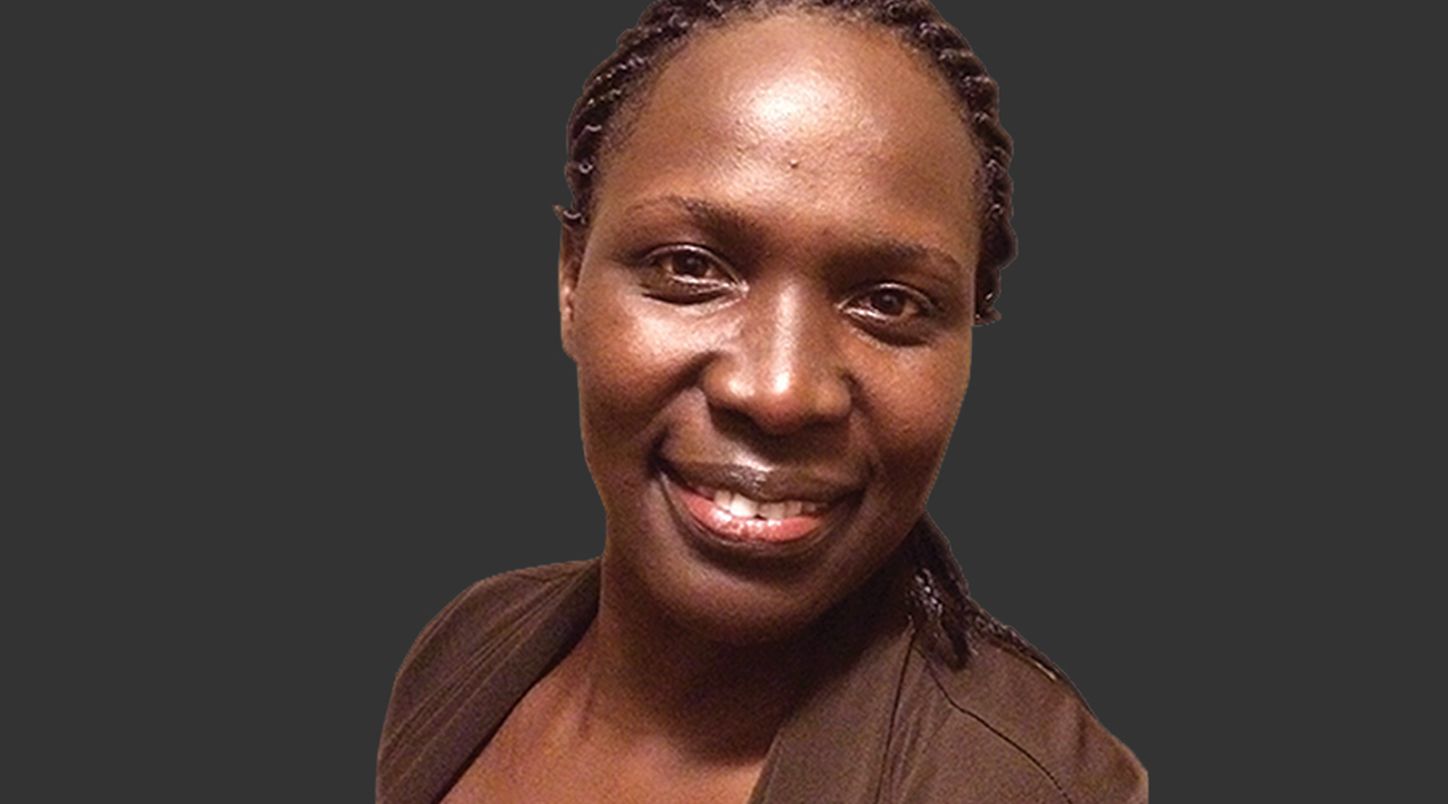-

Hear from Professor Monica Toft
Learn how Professor Monica Toft is shaping the study of global affairs and diplomacy at Fletcher.
Hear from Prof. Toft -

Explore Fletcher academics in action
Fletcher Features offers insights, innovation, stories and expertise by scholars.
Get global insights -
Get application tips right from the source
Learn tips, tricks, and behind-the-scenes insights on applying to Fletcher from our admissions counselors.
Hear from Admissions -

Research that the world is talking about
Stay up to date on the latest research, innovation, and thought leadership from our newsroom.
Stay informed -
Meet Fletcherites and their stories
Get to know our vibrant community through news stories highlighting faculty, students, and alumni.
Meet Fletcherites -

Forge your future after Fletcher
Watch to see how Fletcher prepares global thinkers for success across industries.
See the impact -

Global insights and expertise, on demand.
Need a global affairs expert for a timely and insightful take? Fletcher faculty are available for media inquiries.
Get in Touch
Driven to Heal the World's Most Vulnerable

Teddy Atim
Teddy Atim has spent nearly two decades working in the midst of humanitarian crises, seeking answers through research and working directly with populations devastated by human and natural events.
For more than 15 years, Atim has worked with children, women, and families affected by armed conflict, killings, sexual violence and more to her role as a practitioner and researcher in humanitarian emergencies and post-conflict settings in Africa. Today, she finds herself back at The Fletcher School, where she is a visiting fellow at the Feinstein International Center.
Her work entails listening to those most vulnerable—affected by violence, conflict, and natural disasters—to better understand how policies and programs can respond to their realities.
Through research, she examines how experiencing armed conflict, forced conscription, sexual violence, forced impregnation and child bearing, killings and forced disappearance, and loss of livelihood impacts the lives of affected populations, both during and in the aftermath of conflict.
She also studies the psychosocial impacts of armed conflict, recovery, transitional justice, and serious crimes. As a practitioner, she worked with various national and international organizations to provide humanitarian assistance, including grant making in humanitarian situations, peacebuilding, and recovery.
While it is not always possible to wait for aid to arrive, she explains, it is still possible to act immediately in order to save a life. “You can’t account for these actions to anyone, but I believe it is a moral obligation for humanitarians to do something to save life as they see best, and to center the people in the middle of a crisis in the work we do.”
In many ways, the Fletcher MAHA degree program was instrumental in preparing her for this role. “I developed the critical and analytical skills that I needed to undertake research, synthesize, and communicate to a variety of audiences. It also enabled me to link the things I see on the ground to a larger conversation at the global level, in terms of making sense of what’s ongoing in the field.”
She added that her Fletcher degree has also enabled her to command authority and respect in her field. “For example, I have repeatedly been told by other colleagues in the field how prestigious a Fletcher degree is: It has enabled me to occupy spaces and develop critical networks with other like-minded individuals, organizations, and institutions, giving me the opportunity to contribute in many ways to making the world a better place.”
https://fletcher.tufts.edu/news-events/interview-teddy-atim-phd-maha-08

